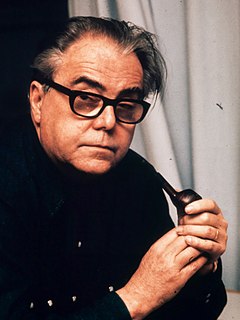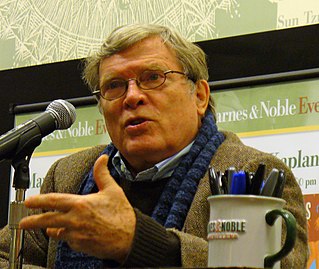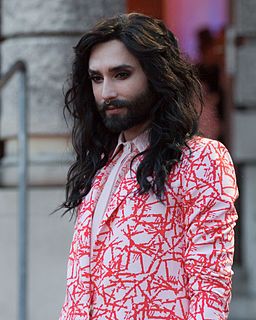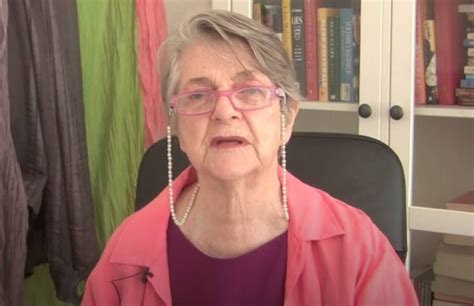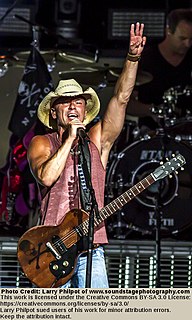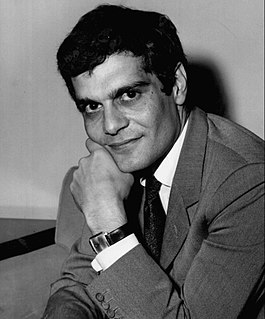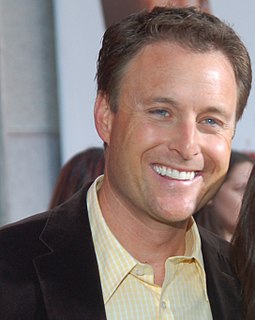A Quote by Sarah Rees Brennan
Real life is sometimes boring, rarely conclusive and boy, does the dialogue need work.
Related Quotes
It is conceivable at least that a late generation, such as we presumably are, has particular need of the sketch, in order not to be strangled to death by inherited conceptions which preclude new births.... The sketch has direction, but no ending; the sketch as reflection of a view of life that is no longer conclusive, or is not yet conclusive.
When an acting teacher tells a student 'that wasn't honest work' or 'that didn't seem real,' what does this mean? In life, we are rarely 'truthful' or 'honest' or 'real'. And characters in plays are almost never 'truthful' or 'honest' or 'real'. What exactly do teachers even mean by these words? A more useful question is: What is the story the actor was telling in their work? An actor is always telling a story. We all are telling stories, all the time. Story: that is what it is all about.
This work of connecting our light to the world does not need to be done through a mass movement, or by millions of people. . . .The real work is always done by a small number of individuals. What matters is the level of participation: whether we dare to make a real commitment to the work of the soul.
Life isn't supposed to be an all or nothing battle between misery and bliss. Life isn't supposed to be a battle at all. And when it comes to happiness, well, sometimes life is just okay, sometimes it's comfortable, sometimes wonderful, sometimes boring, sometimes unpleasant. When your day's not perfect, it's not a failure or a terrible loss. It's just another day.


